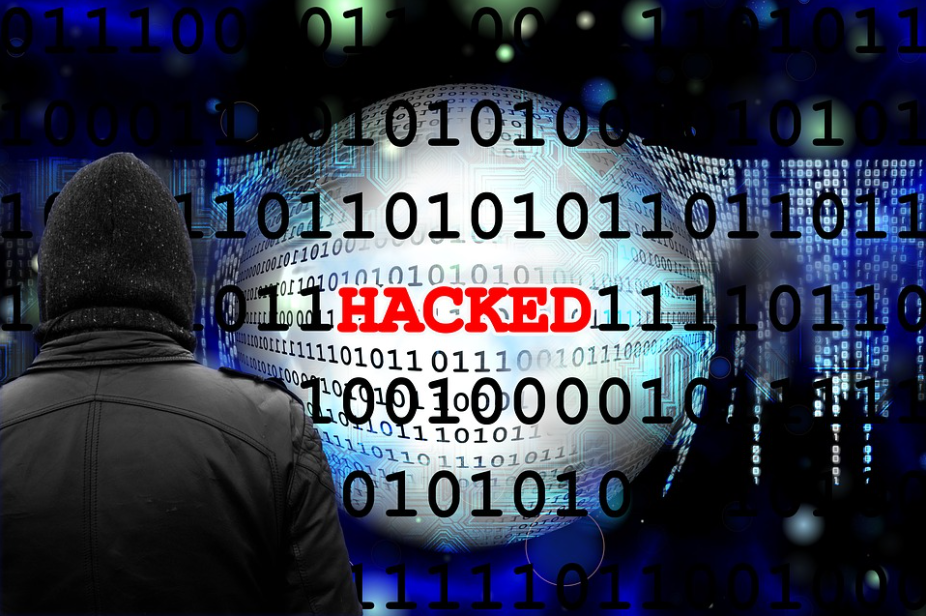Hackers Are Winning: Invest in Companies That Stop Them
In James Bond films, the villains are often eccentric billionaires bent on world domination. They always have great gadgets, tropical islands and legions of hapless, expendable bad guys.
In the real world, espionage is more bureaucratic, and the bad guys shoot straighter.
We are under attack by hackers who work for our most powerful enemies.
These nation-state hackers are waging a cyber-war against the West. They are hacking government and corporate targets. And they are winning.
When Equifax Inc. (EFX) firewalls failed last month, the attack exposed the financial data of 143 million Americans. The size and scope of the attack is unprecedented. Bloomberg reports that investigators now believe the thieves were state-sponsored.
This is an opportunity for investors. Let me explain.
The Chinese government doesn’t even bother hiding its motives anymore. It hires out top-notch hackers from the People’s Liberation Army (PLA) and the Ministry of State Security (MSS).
James Lewis, director of the Strategic Technologies Program at the Center for Strategic and International Studies, told The Wall Street Journal that Chinese companies have been able to direct the PLA and MSS to hack Western competitors.

In 2014, it all came to a head. For the first time ever, the U.S. Department of Justice indicted Chinese military hackers for cyber-espionage.
The cyber-thieves tried to steal trade secrets from U.S. utilities companies for Chinese competitors and state-owned enterprises.
A year later, the United States and China agreed not to conduct cyber-theft of intellectual property.
While the pace of state-backed attacks has slowed, Chinese hacking has not gone away. Recently, The Wall Street Journal reported that 65% of German manufacturing and technology companies were hit by cyber-attacks in 2016. Losses from espionage, data theft and sabotage surged to $65.3 billion.
Germany presents a unique target. It leads the world in advanced manufacturing patents, with 3,917 filed last year. In comparison, U.S. companies only filed 1,410 patents.
Half of Germany’s economic output comes from 3.5 million small and mid-sized companies with limited resources to fend state-sponsored hackers. Now the government is stepping in to help them.
Angela Merkel, the German chancellor, has pledged to support small businesses unable to fight cyber-attacks. The government will pay consultants’ costs and help set up countermeasures.
Financial aid is an opening salvo. And it sets clear tone:
Germany considers these foreign cyber-attacks as hostile acts of aggression that will be met with the full weight of the government.
This tone has been picked up throughout the West.
Even before the details of the Equifax hack became public, the U.S. Congress was moving to increase defense spending as well as address cyber-security. In September, it passed the $700 billion National Defense Authorization Act.
The act exceeded the defense budget requested by the Trump Administration. It also increased spending to deter online hacking.
And it bars the Department of Defense from using any software from Kaspersky Lab, a Russian cyber-security software firm.
In 2016, industry watchdogs believe the U.S. federal government spent $28 billion on cyber-security.
Ironically, in this new era of heightened security, the number of trusted vendors will shrink. That is the opportunity for investors. It’s a much larger pie, and fewer players are at the table eating.
Long ago, I made it my job to find the companies likely to have skill sets that will be in greater demand in this field. Finding good entry levels is something I take very seriously.
Massive security breaches have become commonplace. We should not become immune to the shock. It reminds us of our vulnerability and of how much work there is left to do.
The size and scope of these attacks have changed the dialogue. People feel under attack.
Governments are responding. They are weaponizing, digging in for a long fight. And that means increased spending.
This is a big trend. It will make many investors rich. You need to know where to look. Check Point Software Technologies Ltd. (CHKP) in Israel is one of my favorites to buy on dips, but there are others.
Best wishes,
Jon Markman

